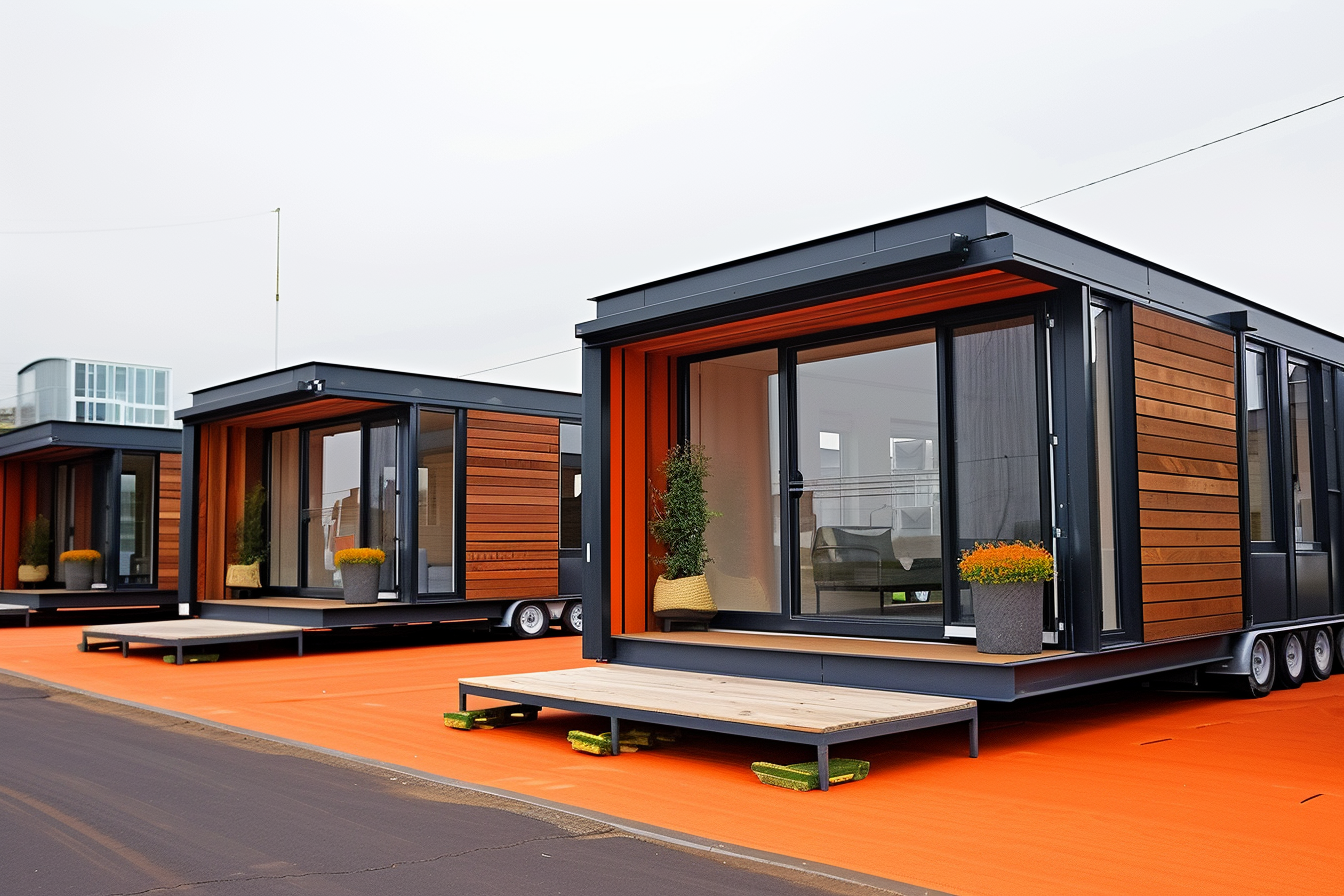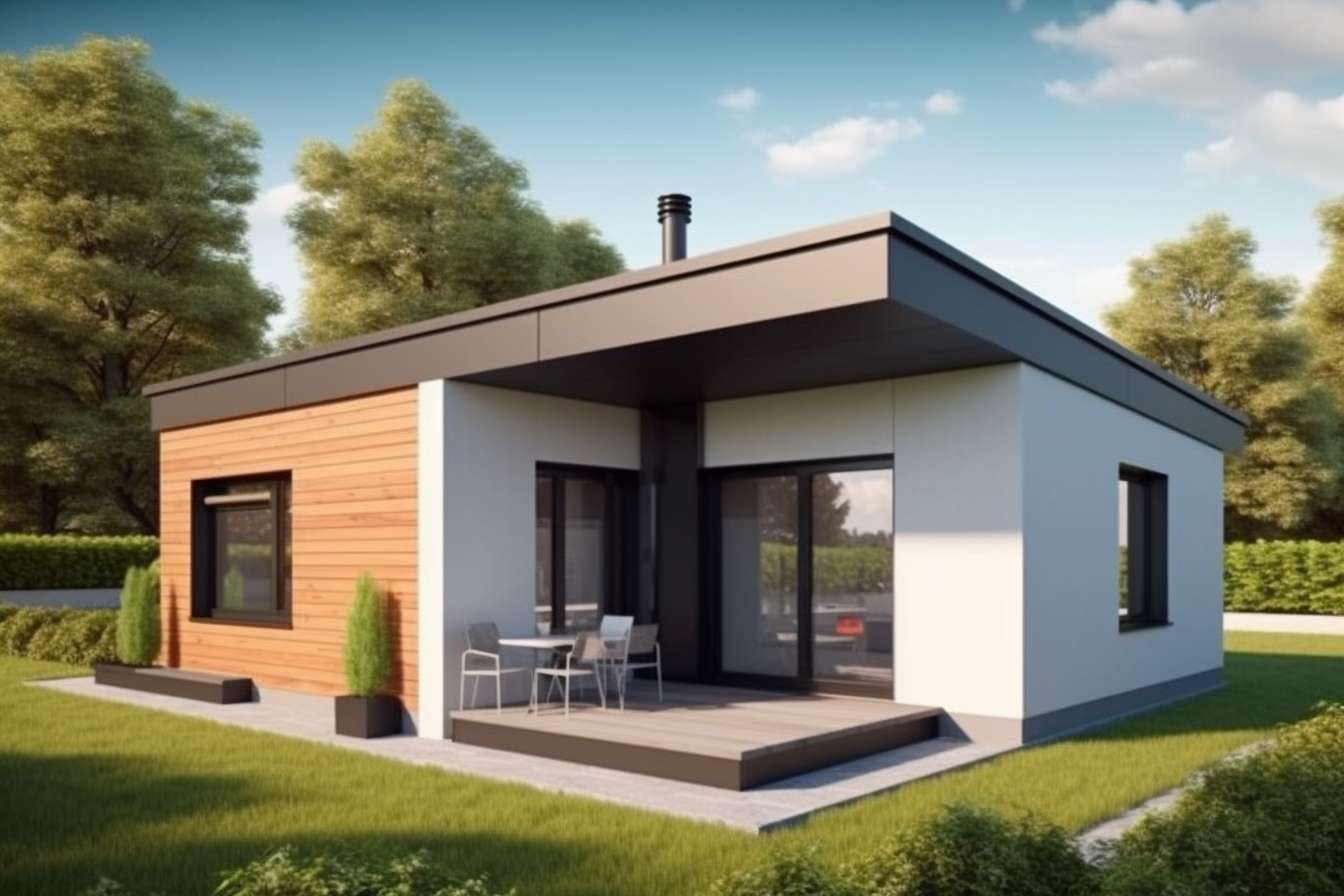Mobile Homes and Trailer Living Solutions
Discover tiny trailer homes for flexible living, combining mobility with comfort in a compact design. These homes maximize space while offering modern amenities, making them an ideal choice for minimalists, travelers, or anyone seeking affordable and adaptable housing solutions.

Tiny Trailer Homes for Flexible Living
Tiny trailer homes provide remarkable flexibility for individuals and families seeking housing solutions that can adapt to changing circumstances. These compact structures typically range from 100 to 400 square feet and are built on wheeled chassis, allowing owners to relocate without the traditional constraints of fixed real estate. Many people choose this lifestyle to reduce monthly expenses, simplify their possessions, or maintain the ability to move for work opportunities.
The flexible nature of tiny trailer homes appeals to remote workers, seasonal employees, and retirees who want to explore different regions without abandoning their living space. Modern designs incorporate space-saving furniture, multi-functional storage solutions, and efficient layouts that maximize every square foot. These homes often feature fold-down beds, convertible dining areas, and compact appliances that maintain comfort while preserving mobility.
Tiny Trailer Homes for Off-Grid Living
Off-grid tiny trailer homes enable residents to live independently from traditional utility systems while maintaining modern conveniences. These specialized units typically incorporate solar panels, water storage tanks, composting toilets, and propane systems for heating and cooking. Battery banks store solar energy for nighttime use, while inverters convert power for standard appliances and electronics.
Many off-grid trailer homes include greywater systems that filter and reuse water from sinks and showers for irrigation purposes. Rainwater collection systems can supplement water supplies in suitable climates. These features allow residents to park on private land, remote properties, or designated areas without requiring connections to municipal services. Some owners use off-grid trailer homes as temporary housing while building permanent structures or as sustainable vacation retreats.
Tiny Trailer Homes for Travel and Minimalist Living
Travel-oriented tiny trailer homes combine the comfort of a permanent residence with the mobility needed for extended road trips and nomadic lifestyles. These units prioritize lightweight construction, aerodynamic design, and secure storage to handle frequent movement and varying road conditions. Interior layouts focus on essential amenities while eliminating unnecessary items that add weight or complexity.
Minimalist living in tiny trailer homes encourages residents to evaluate their possessions carefully and retain only items that serve multiple purposes or hold significant personal value. This lifestyle often leads to reduced consumption, lower environmental impact, and increased appreciation for experiences over material goods. Many travelers document their journeys and share insights about sustainable living practices with online communities dedicated to mobile home lifestyles.
Tiny Trailer Home Options
The market offers diverse tiny trailer home options to accommodate different budgets, preferences, and intended uses. Custom-built homes provide maximum personalization but require higher investment and longer construction timelines. Kit homes offer a middle ground, providing pre-designed plans and materials while allowing some customization. Ready-made units from established manufacturers offer the quickest path to ownership with standardized features and warranty coverage.
Popular options include park model homes, which resemble traditional houses but remain portable, and travel trailers converted for full-time living. Some manufacturers specialize in luxury tiny homes with high-end finishes and appliances, while others focus on basic, affordable models for budget-conscious buyers. Buyers should consider towing requirements, as larger units may require specialized vehicles or professional transport services.
| Home Type | Provider/Builder | Size Range | Cost Estimation |
|---|---|---|---|
| Custom Tiny Home | Local Builders | 100-400 sq ft | $50,000-$120,000 |
| Kit Home | Tumbleweed Houses | 200-350 sq ft | $30,000-$80,000 |
| Park Model | Athens Park Homes | 300-400 sq ft | $40,000-$90,000 |
| Converted Travel Trailer | Various Dealers | 150-300 sq ft | $15,000-$45,000 |
| Luxury Tiny Home | New Frontier Tiny Homes | 200-400 sq ft | $80,000-$150,000 |
Prices, rates, or cost estimates mentioned in this article are based on the latest available information but may change over time. Independent research is advised before making financial decisions.
Considerations for Mobile Home Living
Potential mobile home residents should research local zoning laws, HOA restrictions, and parking regulations before purchasing a tiny trailer home. Many municipalities have specific requirements for permanent residence in mobile units, and some areas prohibit long-term parking of travel trailers. RV parks, tiny home communities, and private landowners may offer suitable locations for mobile home placement.
Insurance requirements differ significantly between mobile homes used for travel and those serving as permanent residences. Financing options may also vary, as tiny trailer homes often fall outside traditional mortgage categories. Prospective buyers should consult with insurance agents and lenders familiar with mobile home regulations to understand available options and requirements.
Mobile homes and trailers represent viable housing alternatives for Americans seeking flexibility, affordability, and simplified living arrangements. Whether pursuing off-grid independence, travel adventures, or simply reducing housing costs, these compact homes offer practical solutions that adapt to individual needs and circumstances. Success with mobile home living requires careful planning, research into local regulations, and realistic assessment of space and lifestyle requirements.




